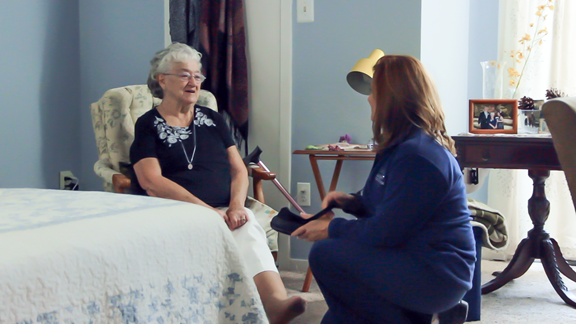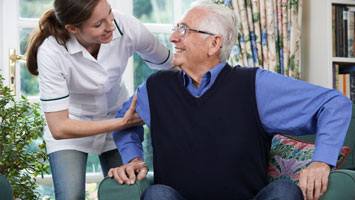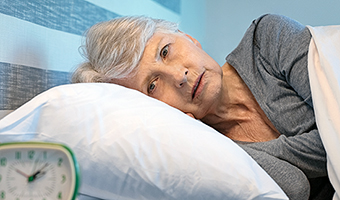Parkinson’s Disease: What You Need to Know
 According to the Parkinson’s Disease Foundation, approximately 1 million Americans suffer from this nervous system disease. What do you know about Parkinson’s? Do you know the warning signs and symptoms?
According to the Parkinson’s Disease Foundation, approximately 1 million Americans suffer from this nervous system disease. What do you know about Parkinson’s? Do you know the warning signs and symptoms?
Parkinson’s disease is a neurodegenerative brain disorder. People who suffer from Parkinson’s disease do not produce enough dopamine and show the telltale motor symptoms of the disease. This disease is known for its slow progression and can start with mild symptoms that can be virtually unnoticeable. There is currently no cure for Parkinson’s disease.
The signs and symptoms of this disease are varied and can start out as nothing more than a problem with balance. Symptoms of Parkinson’s can include:
- Tremors. Tremors or shaking are one of the most common symptoms of Parkinson’s. Tremors usually occur in the hand or foot when at rest.
- Slowed Movements. Slow movement, or bradykinesia, is characterized by decreased facial expressions and difficulty with repetitive movements. Those experiencing slowed movements can also find it difficult to get out of a chair.
- Rigidity. Rigidity is the loss of flexibility or stiffness in the limbs, neck and trunk. Those with rigidity will often not swing their arms when they walk.
- Postural Instability. Postural instability is the tendency to be unstable when standing up.
- Freezing. Freezing is another important symptom of Parkinson’s. A person experiencing freezing will hesitate before taking a step; acting as if they are “frozen” to the floor. Freezing can increase the risk of falling forward.
- Change in Handwriting. Those suffering from Parkinson’s can see changes in their handwriting. It often becomes smaller as handwriting becomes difficult.
If you are concerned your loved one might have Parkinson’s disease, please visit their health care provider. Only doctors can properly diagnosis Parkinson’s disease and provide information on treatments and medications. If you plan to visit your doctor, consider asking some of these questions:
- How advanced is my illness?
- How quickly do you anticipate the Parkinson’s will progress?
- Will the disease affect my daily routine? If so, how?
- What medications and/or treatments do you suggest? What side effects are there? How will they affect the progression of the disease?
- Can I make any changes to my diet or lifestyle to improve my prognosis?
If your loved one currently lives alone and you are concerned about their ability to continue living independently, consider in home elder care services. Elder care services provide needed support for individuals with Parkinson’s disease. An elder care provider can check in with your loved one regularly to ensure they are eating properly, attending to their personal care needs and to help them with errands and shopping.
“Our elder care providers are a great help to many individuals with Parkinson’s disease,” says Larry Meigs, President and CEO of Visiting Angels. “Our elderly companion care services can ensure your loved one has regular support and companionship so they can continue to live safely and independently at home.”
When you know the signs and symptoms of Parkinson’s, you can help to ensure the health of your loved one. If you are concerned your loved one may have Parkinson’s, please call their doctor today.













